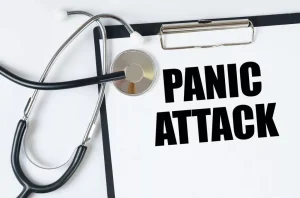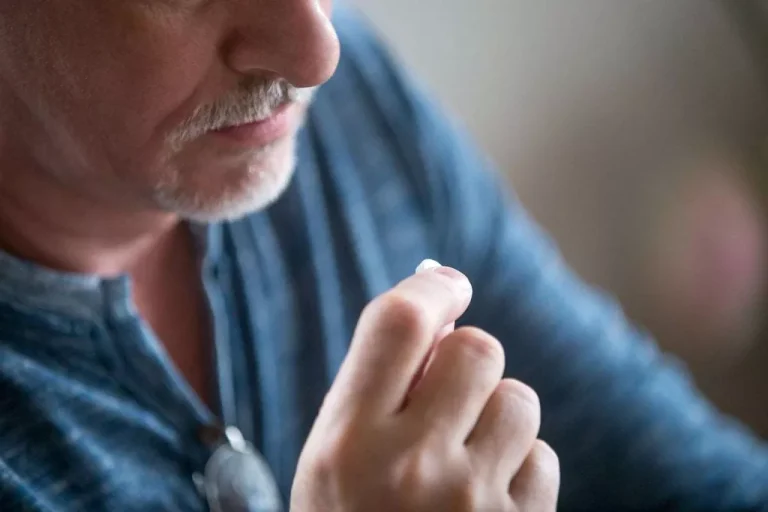
When someone relapses, they either did not receive the effective principles of treatment or stopped using their recovery maintenance techniques. To define relapse simply, this occurs when you return to using drugs after a period of abstinence. Whether it’s a personal tragedy or work, life can get in the way from time to time. If you were to slack on your recovery maintenance techniques, it is more than possible that you will experience a relapse. Sign up for our Newsletter and receive the latest on addiction treatment news. Keep up on new treatment methods, new intervention methods, new self help techniques, new drug and alcohol rehab centers and much more.
Drug and Alcohol Rehab With Nova
- “If I did a perfectly accurate impersonation of my mother-in-law, it would be a career ender,” Mulaney acknowledged that night.
- If relapse occurs, it’s time to get into an alcohol or drug rehab right away.
- We compiled the findings for separate outcome measures and study populations, summarized the results, and noted differences across investigations.
- Even with relapse, treatment and subsequent sobriety are far better options.
- Tim also spent several years as CEO to Eric Clapton’s facility in the Caribbean, Crossroads of Antigua.
Achieving sobriety long enough to relapse is a victory all its own. Having a plan doesn’t guarantee that you’ll be more likely to relapse. It just makes you more prepared in case it happens, helping you to stay the path of sobriety. This sort of rationale can help immensely during a relapse, but sometimes the old pull of addiction is simply too strong, or your grasp on treatment principles isn’t strong enough yet. Admitting that you need some more time in treatment to gain a stronger hold on treatment principles doesn’t make you weak. “For a person recovering from addiction, lapsing back to drug use indicates that treatment needs to be reinstated or adjusted or that another treatment should be tried,” the NIDA explains.

Why Didn’t Treatment Work The First Time?

Everyone is unique, and the best way to know whether or not it is time to go back to rehab is to have an assessment with a trusted addiction or mental health specialist. They can give you an evaluation to determine your treatment needs and make an educated recommendation regarding your care. Treatment providers are available 24/7 to answer your questions about rehab, whether it’s for you or a loved one.

Returning to Rehab After Relapse: Does Rehab Work the 2nd time?
But this view is considered harmful since it fosters feelings of guilt and shame that can hinder your ability to recover from a setback. For others, recovery is a personal growth process that usually involves a couple setbacks.2 Rather than viewing a relapse as shameful, this perspective looks at it as a learning experience. With CBT, you learn that recovery is based on practicing coping skills, not willpower. You can discuss trigger situations with your therapist and rehearse strategies to deal with them. During this stage, you will not even be thinking about using drugs or alcohol. Instead, your emotions and behaviors are beginning to set you up for a relapse down the road.
- The instrument allows participants to identify up to 12 important people in his or her network whom they have had contact with in the past six months.
- A significant strength of the Options houses was that residents were able to maintain low alcohol and drug severity at 12-month follow up.
- Experiencing a relapse from sobriety is not a guarantee that you have to go back to rehab.
- A critically important aspect of one’s social network is their living environment.
- For recovering drug addicts, rates are between 40 and 60 percent.
- Dan has been working in the substance abuse treatment industry for over 25 years.
- However, some houses will allow other types of activities that can substitute for 12 step groups, provided they constitute a strategy for maintaining ongoing abstinence.
Detox alone at home is never recommended for those diagnosed with alcohol or substance use disorders. Talk to your primary healthcare provider about the best way to detox after a relapse. Or, you might have ideas about what could have made the process easier. But, as time goes on, you find yourself back to where you were before you started addiction recovery in the first place. Maybe a family member loved one, or other people in your support network address a concern to you.

Assessing the Impact of the Community Context
- Despite being a common aspect of recovery, relapses are dangerous.
- For the past 17 years, Christina has been managing the Health and Wellness Department at EAS in Watsonville, CA.
- Avoiding many substances late in the day can also help you sleep better, according to Baranwal N et al.’s 2023 study titled “Sleep Physiology, Pathophysiology, and Sleep Hygiene” published in the Progress in Cardiovascular Diseases Journal.
- Specifically, it helps residents resolve their mixed feelings (i.e., ambivalence) about living in the SLH and engaging in other community based services.
But failure to cope with cravings and other mental stressors can result in a need to “escape” through relapse. Focusing on emotional wellness each day reduces restlessness, irritability, and discontent, which can build up over time and lead to relapse. If a person is in therapy during emotional relapse, the focus of therapy may pivot towards reinforcing the importance of self-care. Learning various acronyms can help a person identify when they need to improve their self-care, such as HALT (Hungry, Angry, Lonely, Tired).

After all, you are trying to learn healthy ways of living without alcohol or drug use during treatment. His primary strengths include clinical insight into substance abuse/mental health, hard work ethic, and ability to work well under pressure. Skill sets include counseling/clinical competency, revenue generation strategies, strong written/oral communication skills, insurance billing/contracting knowledge and general empathy for others struggling with substance use disorders. The medical community considers relapsing to going back to rehab be a symptom of addiction and recovery. That is why many rehab centers offer special rehab programs that provide extended care or aftercare, lasting throughout a person’s lifetime.

